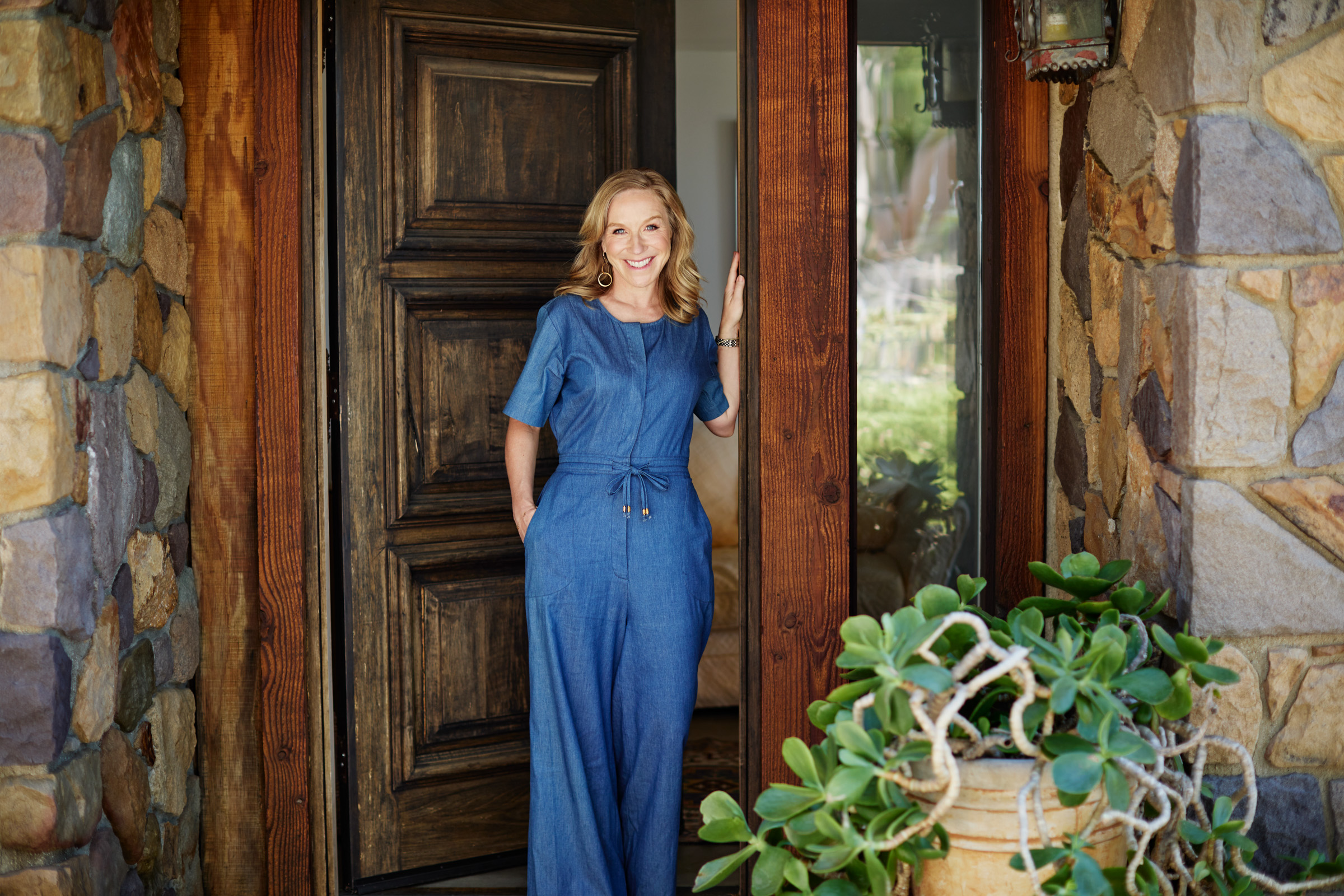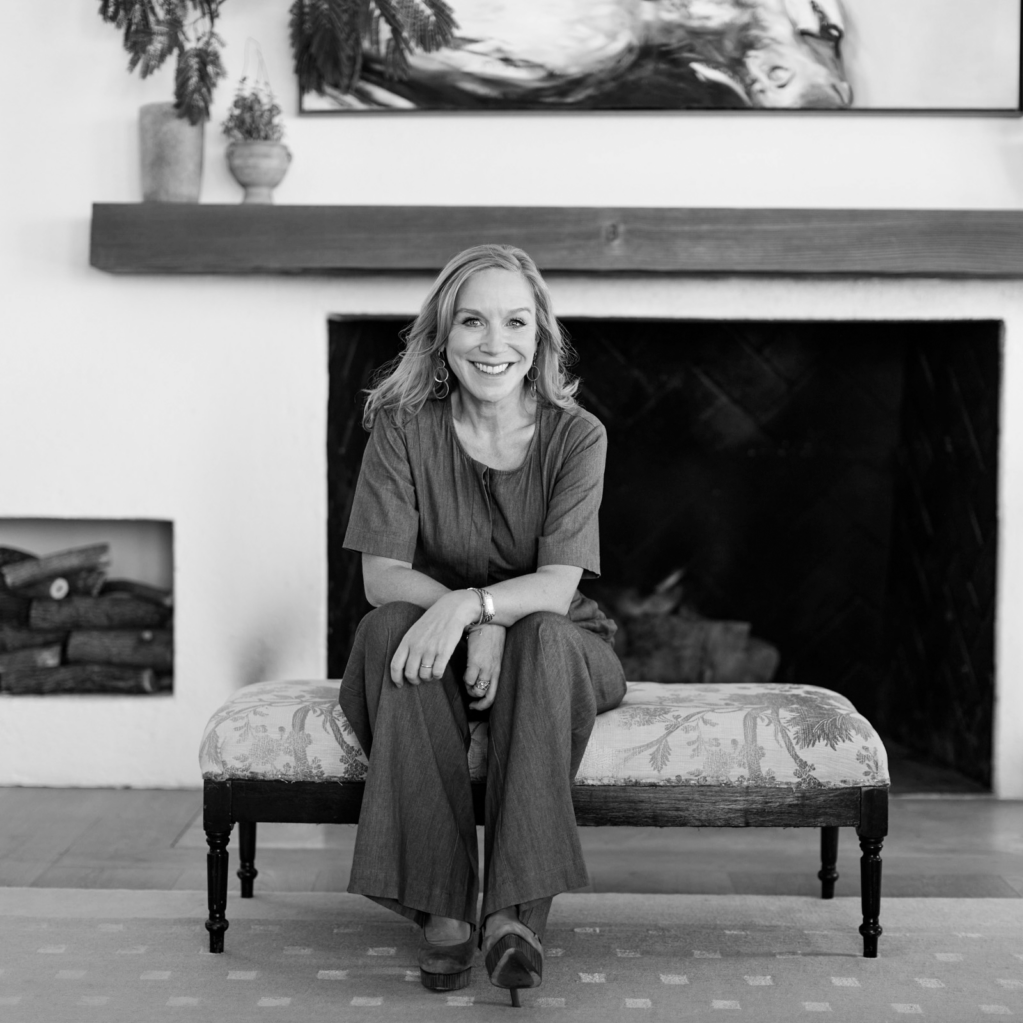She initially headed up Airbnb Experiences, a platform for discovering local things to do, before assuming her current role as the Global Head of Hosting. In that role today, she is one of the most senior executives at the company. Read our conversation with Catherine about the future of entertainment and experiences, and how she ended up on the Pophouse board.
It is fair to say that Catherine Powell is a renaissance woman. Her experiences and abilities range from entertainment and experiences to technology, but not only these. Early in her career, Catherine worked at BBC Worldwide. Her first job, working for an independent media company, was to produce news features in the Horn of Africa. Before then, she studied Philosophy, Politics, and Economics at Somerville College, Oxford. In later years, she has – among other things – been a trustee of the iconic Sydney Opera House. In 2022, Catherine joined the Pophouse board of directors, entering at the same time as EQT partner Alexandra Lutz.
What was your impression of Pophouse when you were first asked to join the board? Why did you choose to join?
“They had me at ABBA. Yeah, they did. [laughs] ABBA was the soundtrack to my youth and their music has a deep, meaningful connection to me. It was such an honour to have a chance to be a part of something like this. And to meet Björn, who was my first real impression of Pophouse. But apart from that, in addition to ABBA, it was very appealing to go back to entertainment. Now at Airbnb I am working in technology, though very focussed on the experience our hosts create for guests, and this has parallels with Disney. Pophouse is also about the guest experience. When I met Björn I had a conversation about opportunities with IP (intellectual property) and how Pophouse was looking to reinvent the entertainment format.”
What did you learn by stepping out from the entertainment industry?
“I joined Airbnb to run Airbnb Experiences initially. This didn’t feel like a huge leap. As I said, Disney is all about the experience guests have when they touch the brand. And nowhere more so than the Disney Parks. At Disney I was focussed on helping cast members create magical memories for their guests. At Airbnb, my first job was to help hosts create magical experiences for guests. The connection hosts made with guests, about the magical immersion and storytelling when hosts shared their passion, their skill, where they lived. They created an incredible connection and sometimes even a transformation for guests. Hosts are real people and Airbnb Experiences is about conveying that.”
“Since the pandemic I am responsible for hosting, meaning the wellbeing and success of our four million hosts on the platform, whether they are offering stays or Experiences. It is very different to work in technology, it has been an incredible learning curve for me to step into areas such as product development, software engineering and software design.”

Your extensive knowhow in entertainment, experiences and technology all comes in handy at Pophouse. Where in the market landscape are the white spaces that Pophouse can fill?
“Pophouse is in a unique position through the structure of the company, with the ability to invest in different IPs – particularly music IP – and at the same time create completely innovative content. Having someone like James (McKnight, who is the head of entertainment R&D), and Björn, on the team, with their creative power is unique.”
“The investment engine, the deep expertise in music, the ability to go after the IPs that are different and create the formats that are unique, with a strong franchise potential, that’s one of the standout qualities of Pophouse. Content in films, TV and for any digital or social channel is so prolific at the moment – entertainment is a highly competitive space. The fact that we have the physical side of the experience, whether it is Mamma Mia the Party or Pippi at the Circus, merging the physical and the digital, is a real advantage for Pophouse.”
During the pandemic many speculated that the temporary changes in behaviour would become permanent, that people would continue to travel less or go to fewer concerts. Now we see some early signs of the opposite happening. What will happen next?
“I think behaviours have changed. The pandemic created a newfound flexibility. We want more flexible lives, without being tethered to an office or a place of work. Obviously not everybody is able to be flexible but for those that can, travelling and working has blurred and changed how people live their lives. We are seeing our guests travel for longer trips as they choose a new place to work remotely from, or extend a holiday and work when on vacation. This could be as little as extending a weekend by a day either side, or going to live somewhere for six weeks.”
“The human desire for connection, to travel, to go and meet people and to have shared experiences has not changed. Since that was heavily restricted during the pandemic, people would travel as soon as they could, even if it was only domestically. Demand has shot up and the choices consumers made were about safety, that was why our business bounced back. People didn’t feel safe at hotels, but they did within our places. Shared experiences – whether gatherings, events, concerts, plays… anything that brings people together – remain as strong as ever. And in fact stronger, because, beyond behavioural change, there is a pent-up demand that will take years to satisfy.”
Which parts of the Pophouse business do you find particularly interesting?
“Every conversation I have with Pophouse is interesting, but I love my conversations with James and Björn. When we chat, we always get to the heart of what is creatively possible. It is also incredibly interesting to hear and learn from Conni, to see what he thinks about investments. I really appreciate that as well.”
What do you see as crucial for Pophouse to succeed in the next few years?
“I would say, probably three things: invest in the right catalogues, get the operational capabilities for what it is that we want to produce or create, and then focus, focus, focus.”
